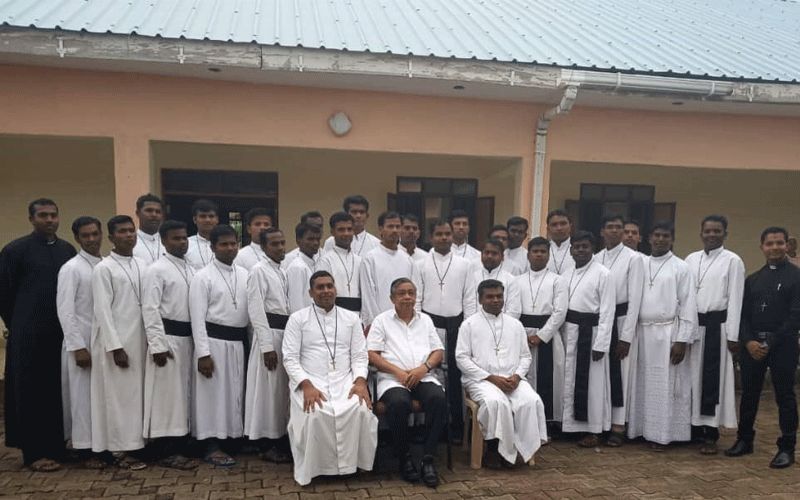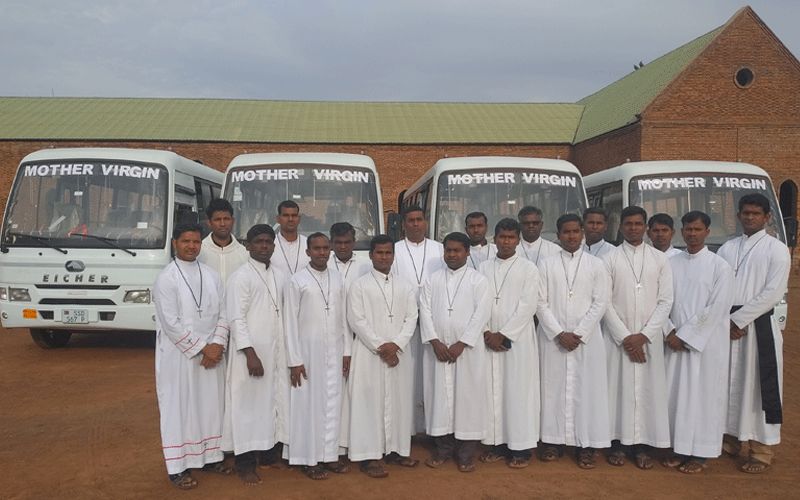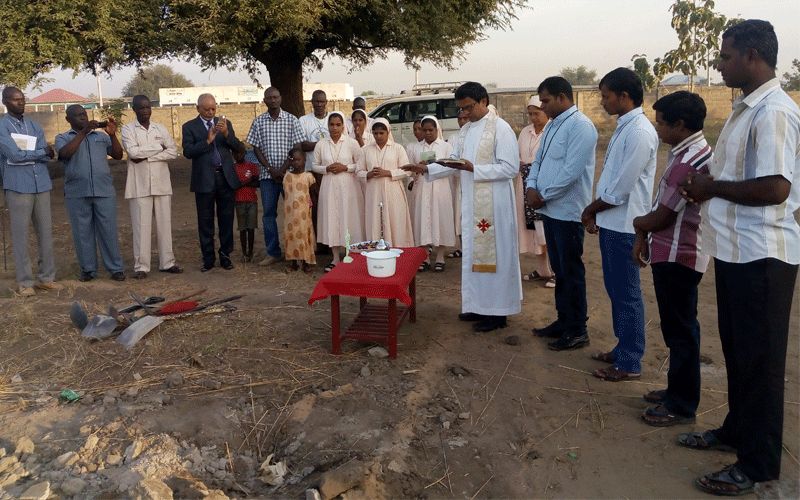The Mother Virgin Transport Service is not a profit-making venture, according to the MMI leader who explained that the minimal returns on the project, managed by 35 Priests and 9 Deacons in South Sudan is expected to be directed to other Church projects in the country.
“We will use the money generated from transport buses to educate the children because we see in the Diocese of Wau and Juba, we have minimum schools and minimum teachers but we have more children,” Fr. Parthi told ACI Africa and added, “We use the money collected from that transport to train teachers to educate the children.”
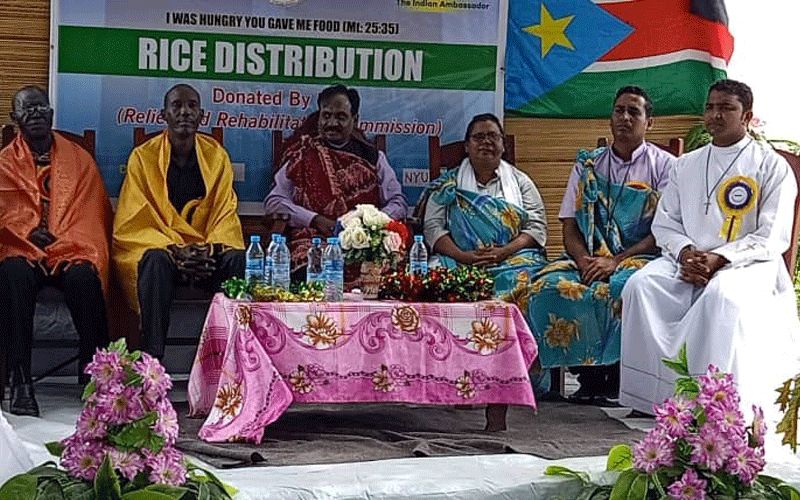
Though funding of MMI’s pastoral, social service and peace building and developmental activities like schools and colleges are mostly from the Congregation’s foundation in India, this particular transport service initiative is being realized through a bank loan.
Speaking to ACI Africa in South Sudan’s capital Juba, Fr. Parthi disclosed, “We got a loan from the bank to provide this transport service to the people of South Sudan. We will have to pay that loan back again to the banks. In this project, we have used a lot of money. Each was about US$30,000.00.”
(Story continues below)
Members of MMI are spread across four Provinces headquartered in different countries – India Province in India, Central African Province in South Sudan, East African Province in Tanzania and Vice province in Brazil.
MMI members in South Sudan and those in Ethiopia and the Central African Republic (CAR) fall under the Central Africa Province, which is headquartered in Juba.
The priorities of MMI members who are present in 12 countries include pastoral activities, educational and social work with women, children and youth.
In South Sudan, developmental services of MMI Abba Father Mission runs from awareness programs, food distribution, seeds and tools distribution, educational sponsorship, street children programs besides empowering women in skill training and peacebuilding.
In their activity document seen by ACI Africa, the Provincial states that in their service in South Sudan, MMI members organize awareness programs independently and in collaboration with other organizations in the country.
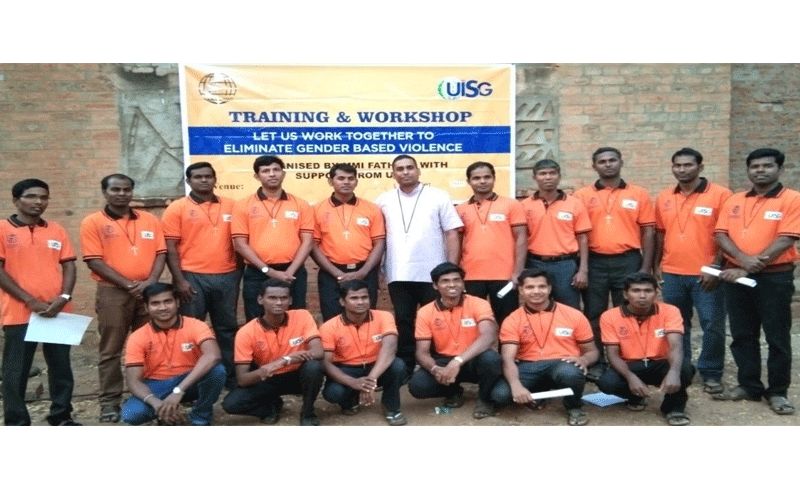
“All awareness programs are oriented towards peace and reconciliation, importance and necessity of education, hard work for livelihood and prosperity, being conscious of one’s duties and responsibilities and respect for human life,” MMI leadership states in the document.
“Considering this miserable and painful situation of the people, we the Missionaries of Mary Immaculate, struggle hard to gather food materials for these dying people and distribute to thousands,” MMI leadership has indicated in reference to the present context in many parts of South Sudan.
The leadership adds, “We the Missionaries of Mary Immaculate took notice of families numbering 6,400 and supplied them with different types of seed.”
During the August 26 interview with ACI Africa, the Provincial, Fr. Parthi said, “We are happy to serve in South Sudan first of all and we see a lot of difficulties in this young nation especially with conflict where one doesn’t know what happens next.”
One of the Challenges in South Sudan, he said, “is traveling by road especially during the rainy season to reach the interior to celebrate sacraments and check schools.”
“My message to South Sudanese is to encourage missionaries considering that they come from far places and serve where they don’t know anything,” Fr. Parthi said, and added, “The missionaries should be considered as part of this community and not as foreigners or strangers.”
